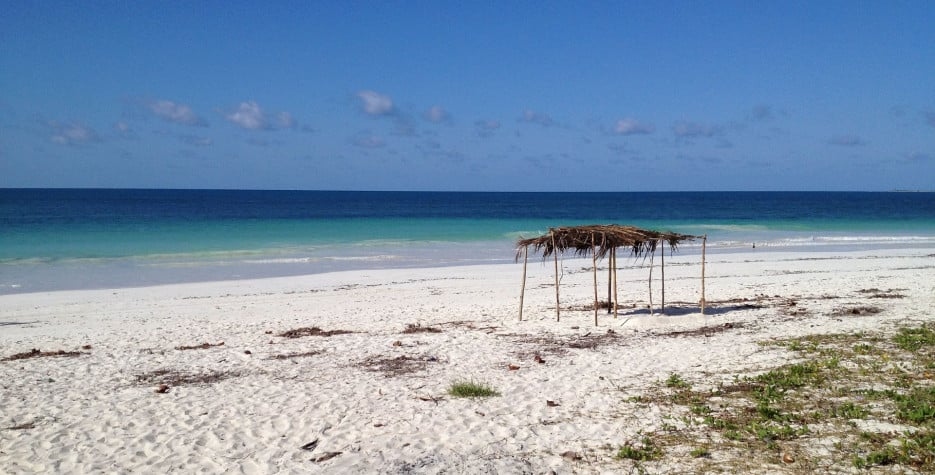When is the Day of Peace and Reconciliation?
The Day of Peace and Reconciliation is a public holiday in Mozambique on October 4th each year.
The holiday marks the official end of the civil war on this day in 1992.
History of the Day of Peace and Reconciliation
You can often get a sense of the trauma that a country has gone through in its history by looking at its public holidays. In the case of Mozambique, this is especially true with four public holidays charting the country's long and violent struggle for independence from Portugal. (by the way, other sure indicators of a violent past are weapons on the country's flag - see above, and political groups with really complicated acronyms - see below)
While the Day of Peace and Reconciliation isn't related to independence, it commemorates another scar in Mozambique's history, the civil war that raged from 1976.
In 1976, Mozambique was still recovering from the struggle for independence, when the new FRELIMO (The Front for the Liberation of Mozambique) government fought against the opposition RENAMO (Mozambican National Resistance).
After ousting the Portuguese, FRELIMO had instigated a one-party Marxist state, which was resisted by the anti-communist RENAMO rebels, supported by the Rhodesian secret service and South Africa’s apartheid-era military.
The war was a devastating conflict that killed an estimated one million people, with 1.7 million Mozambicans becoming refugees in neighbouring countries. Though no side was able to win a decisive victory, the change from Marxism to capitalism by the government after the collapse of the Soviet Union, enabled movements towards ending the war.
On October 4th 1992, the government and RENAMO signed the General Peace Accord (GPA) in Rome, Italy, officially ending the Mozambican civil war.
The anniversary of the accord was designated as a public holiday named Day of Peace and Reconciliation.
Speaking in 2017, as the country commemorated 25 years since the peace pact, President Filipe Nyusi called on Mozambicans to embrace the concept of peaceful coexistence and said that Mozambicans should regard war "as a rather outdated way of living, because living in peace means building a nation, a future, and the dream of the country’s children is stability and lasting peace.
"Peace is the greatest achievement of Mozambicans, one of the noblest values of national independence," he added.


